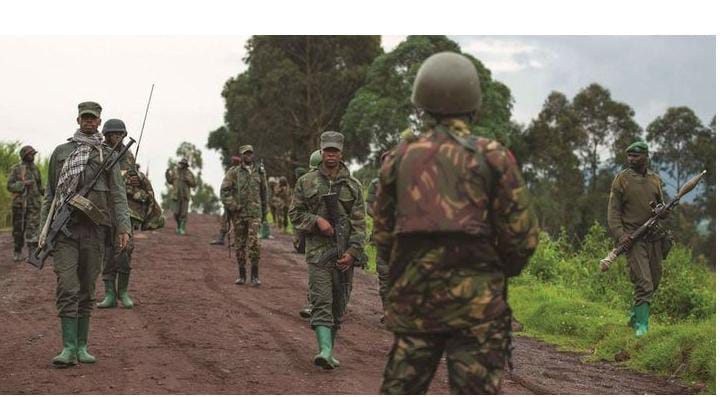In a recent development that has intensified the ongoing conflict in the mineral-rich region of eastern Democratic Republic of the Congo (DRC), the United Nations has reported that the Ugandan army is providing support to the M23 rebel group. This revelation comes amid escalating clashes in an area already plagued by instability and violence.
The UN Security Council’s group of experts released a report on Monday detailing the involvement of external forces in the DRC conflict. According to the report, between 3,000 and 4,000 Rwandan soldiers have also been engaged in combat alongside the M23 rebels. The report further alleges that Kigali has maintained “de facto control” over the operations of the M23 group, which has been a significant player in the region’s conflict dynamics.
Background of the M23 Rebellion
The M23 rebel group, also known as the March 23 Movement, has been active in the eastern DRC since 2012. It originated from the remnants of a previous rebel faction, the National Congress for the Defence of the People (CNDP), and has been accused of numerous human rights violations, including massacres, rapes, and the recruitment of child soldiers. The group’s resurgence in recent years has been a major cause of concern for both the Congolese government and international observers.
Allegations of Ugandan Involvement
The UN report’s findings regarding Ugandan support for M23 rebels mark a significant development in the conflict. Uganda has historically played a complex role in the region, having both intervened in and been accused of exacerbating conflicts in the DRC. The alleged support to M23 rebels by the Ugandan army could further complicate efforts to stabilize the region and bring lasting peace.
Rwanda’s Alleged Role
Rwanda’s involvement, as highlighted in the UN report, points to a more direct influence over the M23 operations. The accusation that Rwanda has “de facto control” over the rebel group’s activities underscores the intricate regional power dynamics and the challenges in addressing the conflict. Rwanda has previously denied supporting the M23 rebels, but these latest allegations could strain its diplomatic relations with the DRC and the international community.
Implications for the Region
The support of external forces to rebel groups like M23 has significant implications for the stability of the Great Lakes region. The involvement of both Ugandan and Rwandan forces, as alleged in the UN report, suggests a broader regional conflict that could undermine peace efforts. The mineral-rich eastern DRC has long been a battleground for various armed groups vying for control over lucrative resources, and the backing of these groups by neighboring countries could lead to further destabilization.
International Response
The international community has called for a thorough investigation into the allegations made in the UN report. There is a growing demand for accountability and for measures to prevent external support to armed groups in the DRC. The United Nations and other international bodies are expected to play a crucial role in facilitating dialogue and promoting peace in the region.

